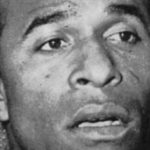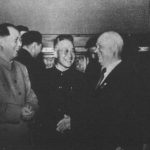Hegelian Phenomenology and the Critique of Reason and Society
Abbot Terrasson has remarked that if the size of a volume be measured not by the number of its pages but by the time required for mastering it, it can be said of many a book, that it would be much shorter if it were not so short. (Kant, Preface to First Edition, Critique of […]








